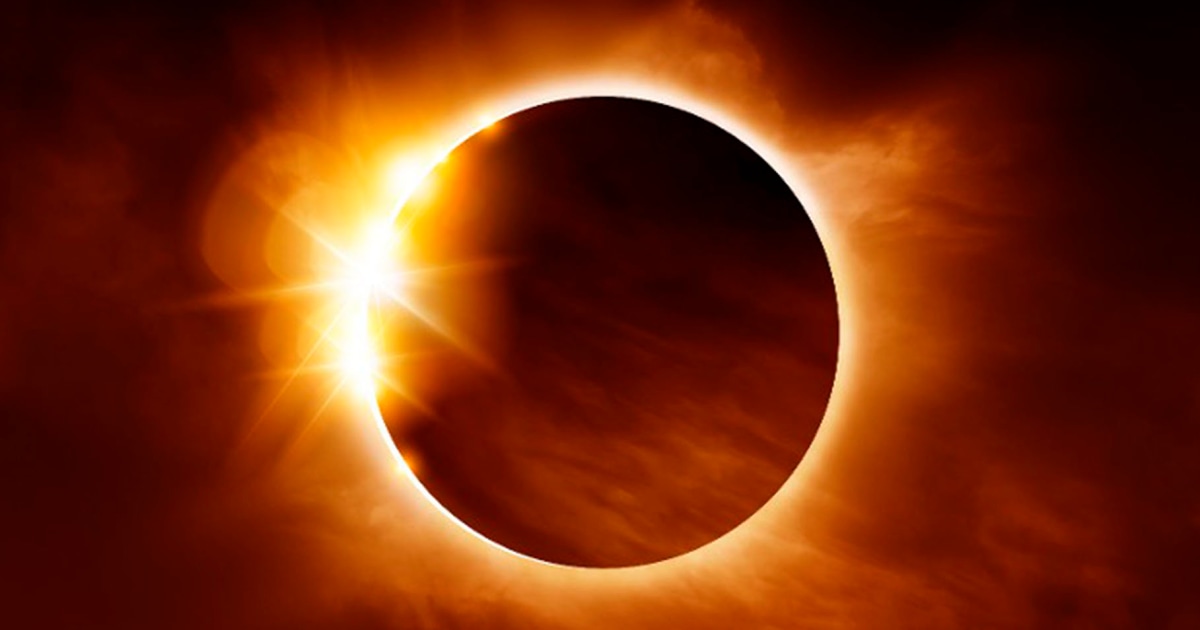Enlarge image
Solar system in Bavaria: "Fraud against the population"
Photo:
McPHOTO/M.
Gann / imago images/perspective
Jens Husemann experiences what appears to be a paradoxical situation.
As soon as the sun shines, his solar system in Aurach, Franconia, is switched off by the grid operator.
"Every day," says the medium-sized company.
Husemann has already had more than 90 days of forced shutdowns this year.
The electricity produced is more or less thrown away because the lines for onward transport are overloaded.
"That's fraud against the population," says Husemann in view of the sharp rise in electricity prices and in view of the expansion of photovoltaics that is actually wanted everywhere.
In itself, his system could supply around fifty households with electricity.
However, due to the fact that the system was switched off again and again over many hours - in technical jargon, curtailment - Husemann, who lives near Munich, is already assuming that his system will not even bring half of the possible capacity into the grid by the end of the year.
At the network operator N-Ergie, which is responsible for Husemann's system, those responsible openly admit the problem.
In various parts of the network area, there were curtailments on a total of 257 days last year, which particularly affected large open-space photovoltaic systems.
"The number of interventions and the curtailed amounts of energy have increased continuously in recent years with the dynamic growth of renewable energies," explains a company spokesman.
»Network bottlenecks will in all likelihood increase«
The reason for this is network bottlenecks, but also measures such as the expansion and maintenance of the networks.
The company does not see that this will improve.
Because of the lack of speed in the expansion of the power grids, N-Ergie even expects the opposite: »Grid bottlenecks will therefore in all probability increase in the coming years.« The resolution of such bottlenecks will take years.
But is this a general problem or just a regional phenomenon?
Opinions differ on this.
Carsten Körnig, General Manager of the German Solar Industry Association, says that the curtailment to avoid grid overload actually affects wind energy more.
According to the feedback from the entrepreneurs organized in the federal association, solar energy is more of a regional and temporary bottleneck.
"Sometimes, however, we hear that curtailments are more common, especially in rural areas in Bavaria." Large systems in eastern Germany are also partially affected by curtailments.
The think tank Agora Energiewende calculated last year that in order to meet the goals of the Paris Agreement, the expansion of onshore wind power and solar energy would have to triple by 2030.
The solar industry fears a growing problem for the future with the planned accelerated expansion of both wind power and photovoltaics.
Depending on the nature of the power grid and the regional development status, the operators of solar systems - especially in rural areas - could then also be more severely affected by shutdowns, says Körnig.
"This applies in particular if political measures that aim to sufficiently expand the power grid in Germany and to coordinate power generation and power demand much more flexibly should drag on for too long." He calls for the rule "Use instead of curtailing" as a basic principle.
According to the latest figures available for 2020, 6.1 terawatt hours of electricity from renewable energies had to be curtailed.
With an average consumption of 2500 kilowatt hours in a two-person household, that would be the amount of electricity for more than 2.4 million two-person households that was simply lost.
Despite the high numbers, the Federal Network Agency sees no general problem: "The statement that a needs-based network expansion cannot take place in the coming years is not shared in this general public," says a spokesman for the authority.
There are only delays in some of the measures, for example due to approval procedures or the overloading of specialist companies.
Husemann is entitled to money for the unused electricity
At N-Ergie, on the other hand, it is said that there are currently problems that are “an expression of superimposed systemic undesirable developments” – so there is a lot going wrong fundamentally.
Husemann, who is annoyed that his solar system is constantly switched off, is also currently upset about delays in the compensation payments.
But there is a crucial difference here: While the electricity produced is gone due to the curtailment, its financial claims remain.
Husemann is already entitled to around 35,000 euros extra for electricity produced this year that never reached a socket.
pbe/AFP





